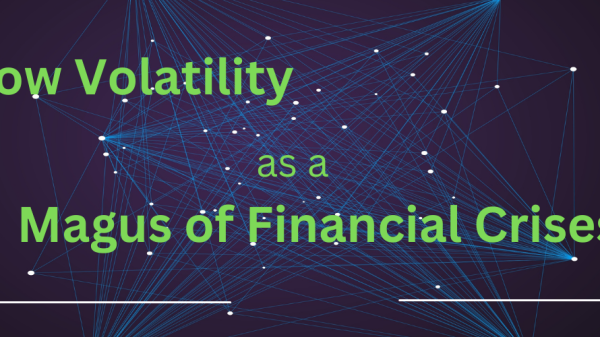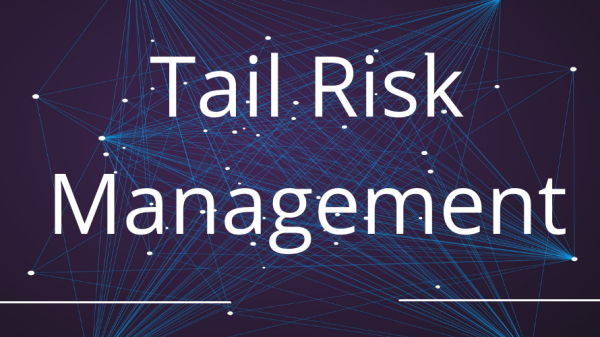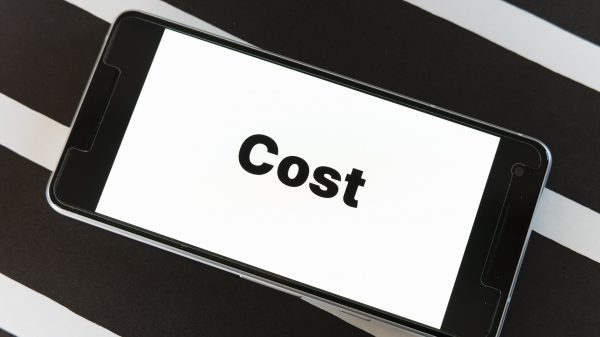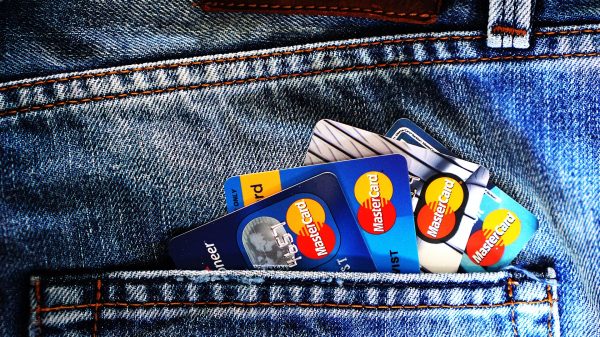You might find yourself in a situation with worsening financial health. One reason might be that you have many different debts, and you fighting to meet your monthly payments. There are numerous reasons why you can not meet your monthly obligations. For instance, maybe your income has decreased, or maybe the interest rate on your loan(s) has increased due to changes in economic conditions. Another reason is that you have maxed out all of your credit cards, thus increasing your monthly financial obligations. Whatever the reason for your worsens financial health, you should find a way how to improve it. Namely, you should collect information about the strategies for repaying your debts and/or improve your financial standing. The decision about the adequate strategy should be based on the reasons which have imposed the need for repayment of the loan. If the reason is some of the abovementioned ones, you should consider a debt consolidation loan or you could also consider some of the debt consolidation alternatives.
First, keep in mind that there is a misunderstanding that you are becoming debt-free when taking a debt consolidating loan. You should know that debt consolidation is not the same as repaying your loans and becoming debt-free. Instead, it means that you have the possibility to centralize different payments of your multiple debts with one bigger loan. You still have a debt and the obligation to pay the installment on the consolidated loan when it is due.
What is debt consolidation?
Debt consolidation can be explained as the process of merging multiple debts into one single debt. You apply for a loan that is big enough to pay off all of your existing debts. The debt consolidation could be better understood through an example. Let’s say that you have a $40,000 loan, also you have a three-year car loan of $12,000, and a personal loan of $25,000. Your overall monthly payment obligation to service all debts is $1,600. For some reason, you struggle to meet the monthly payment. Thus you look for information about the consolidation loans. You realize that you need a consolidation loan. Therefore, you apply for a consolidation loan of $77,000 that is enough to cover all debts you currently have. In addition, by taking a consolidation loan, you can lower your monthly payment from $1,600 to $900, having $700 less in monthly payments.
There are two basic types of consolidation loans – unsecured debt consolidation loans and secured consolidation loans. The difference between the two is in the collateral requirement. With debt consolidation unsecured loans – the lender does not claim your financial assets if you skip a repayment. This form of loan often bears a higher interest rate because the lender is exposed to higher risk related to the possibility for you to default on the loan. In addition, you will be able to apply for a smaller amount, so the lender doesn’t expose too much of its money.
Debt consolidation secured loans – are loans that are, as the name implies, secured against some form of asset. The most common asset is the home. Thus, not fulfilling your payment obligations could lead to losing your home. You will need to take a secure loan if you have a high debt level or have a poor credit score.
When do you need debt consolidation loans?
The primary reason as to why you would want a consolidation loan is when you are faced with worsening financial health. But also, you might want to take a debt consolidation loan because of the possibility of reducing your overall debt expenses, i.e., cost. Therefore, applying for a consolidation loan could be beneficial if:
- You could be paying lower interest than what you are paying on your current debt.
- You could decrease the total monthly amount that meets your financial obligation on various loans (debts).
- Utilize some current offers from your (or other) lenders.
- Improve your financial health in the sense that you could reduce the amount of the monthly payments on your debts.
When don’t you need debt consolidation loans?
Since it is briefly discussed when you need a debt consolidation loan, you should also know when you don’t need a debt consolidation loan, even though it might seem like you need one. Accordingly, you should not apply for a debt consolidation loan, if:
- The consolidation loan is not sufficient to cover all current debts. Stated differently, you are taking the consolidation loan to repay all of your existing debts, i.e., to merge them into one new loan. So, taking a loan and still having other debts that can not be repaid doesn’t make you better off. Instead, it makes you worse off since you have increased the cost of your debt.
- The loan will last much longer than the longest debt you currently have – this is a bit tricky to be taken for granted. But, it should be considered. If the time span of the new loan is much longer than the debt with the longest maturity you currently have, then you have only prolonged the period of your indebtedness. Thus, pay special attention to the repayment period before deciding on your consolidation loan.
What to do before applying for a consolidation loan?
As with everything else, there are some things to be considered before applying for a debt consolidation loan.
- First and foremost, make sure that you are fully informed about all issues related to a debt consolidation loan. Be sure that you understand all the benefits and drawbacks of having a consolidation loan. Know the positive or negative impact on your financial health beforehand.
- Always ask for advice before deciding. It is important to ask because you could get additional information. But you should ask someone familiar with the issue of debt consolidation.
- Debt consolidation options – examining the different possibilities is also an important step before applying for a consolidation loan. Although you understand the idea behind debt consolidation loans, you should shop for the best terms and offers on the market. Thus a good starting point is to find a reliable comparison site.
- Compare the different consolidation loans based on APR, fees, level of collateral needed (if it is a secured debt consolidation loan). Also, take into account all relevant aspects specific to your lifestyle.
- You could go directly to the bank or other institution that offers debt consolidation loans. Make sure that you know how much interest you pay every month and gather all the relevant information. Beforehand, know how much your outstanding debt is, what your credit score is, and why you want a debt consolidation loan.
- Stop using your credit cards for unnecessary purchases. Use them in emergencies only. You are trying to consolidate your debt, and thus, if you continue to irrationally use your credit cards, it means that you are increasing your debt again. So, what is the point of consolidating the debt if you continue to create multiple debts?
Debt consolidation pros:
Improved cash flow – by consolidating all of your loans into one bigger loan, you can improve your monthly cash flow. This is in the sense that you can lower the size of your monthly payment because you pay one installment instead of multiple installments.
Better money management – consolidation loans enable you to easily keep track of financial obligations. Meaning that, as it was mentioned, instead of having a couple of monthly payments, you have only one monthly payment for your new loan. Thus, making it much easier to service your loans, as well as improve money management.
No negative effect on your credit score – you maintain a clean track record of paying your debt obligations. Since you have paid off all of your debt, you will have a clear payment history. Hence, there will be no negative effect on your credit score (keep in mind that there could be a slightly negative effect).
Ability to save – combining all of your loans into a single loan enables you to save a portion of your income. Meaning that because you can decrease your total amount, which is going towards monthly payments to services your debt, you could have a higher portion of your income available for spending and/or saving. As a result, you could decide to deposit the difference between the old monthly installments and the new monthly installments in a savings account. By doing this (if it is possible), you are doing a very beneficial action for your financial health in the future, which means that you are repaying a loan and saving at the same time. Consequently, when you fully repay the loan, you will not be in a zero savings situation. You will have a certain level of savings.
Debt consolidation cons:
Keep in mind that creditors make more money when the repayment period of the loan is longer. Although debt consolidation can be beneficial in some circumstances, you should be aware that, in the end, it might end up costing you more than the initial loans.
Fees and charges – pay attention to the fees and charges on your consolidation loan. These fees could be applied for arranging the loan. Thus, make sure that you are informed about the fees since they could eliminate any possible savings you might have with the consolidation loan.
The risk associated with using a secured loan – you are securing the loan against your asset. This means that in case of failure to meet monthly payments, your bank (lender) could take your assets because they have a claim on them. Since the secured debt is most often secured against your home, you could end up losing your home.
Paying the debt with debt – the danger of paying a debt with a debt exists if you are not a disciplined spender. Meaning that if you have a history of irrational spending of your money, then you should reconsider your spending habits because they are distorting your financial health. So, no matter how many debt consolidation loans you take, you will not improve your financial situation. On the contrary, debt will continually increase, and you could end up being in a much worse financial situation.
A good debt consolidation loan is a loan that has low fees, a competitive interest rate, and adequate (flexible) terms. But before deciding on the consolidation loan you will apply for, you need to collect as much information as possible and understand the debt consolidation process. Also, before making the final decision, it is of crucial importance for you to identify the reason that has stimulated you to consider the possibility of taking a consolidation loan. For instance, is it because of a decrease in monthly income, is it because of some unexpected short-term expenses, or is it because of unreasonable spending and unreasonable borrowing?






